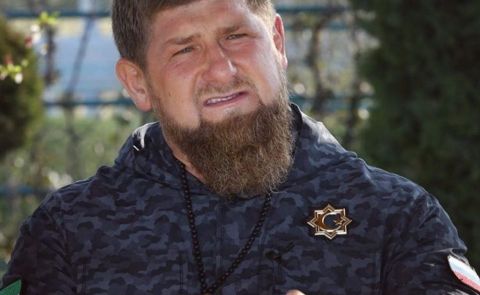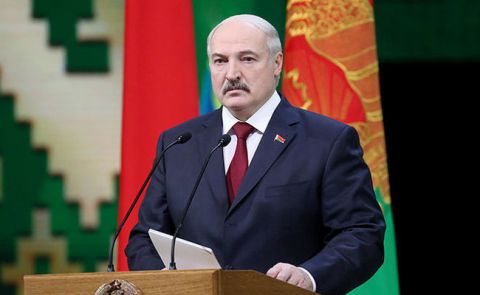
Three decades of Independence – Georgia dealing with its ethnic minorities and integration
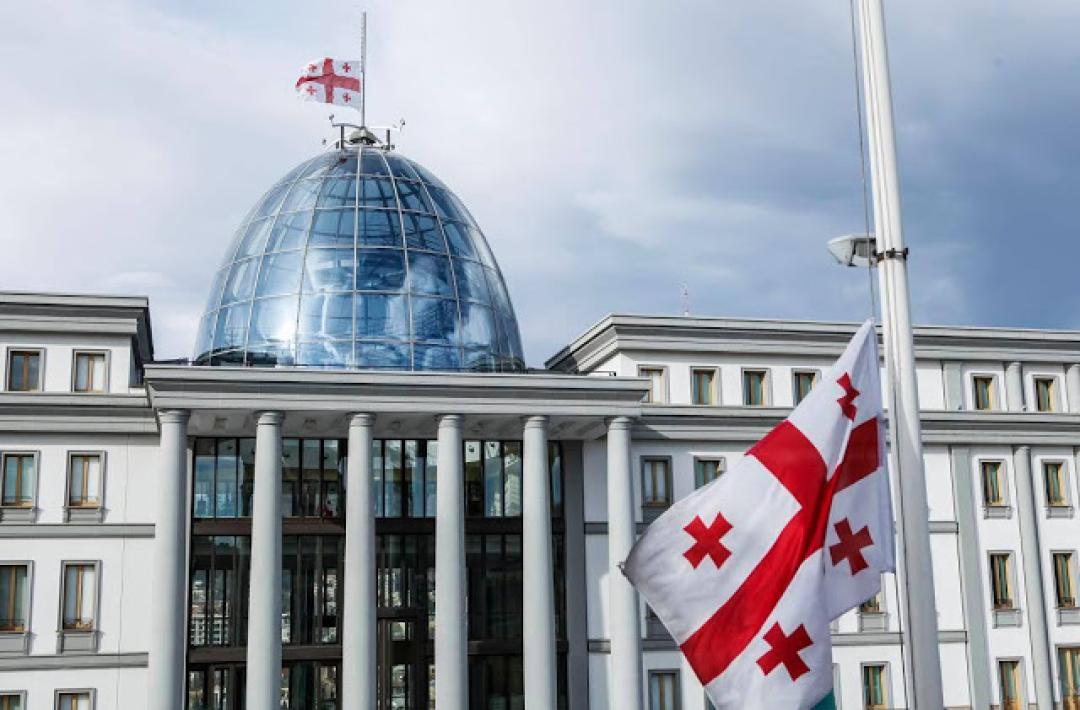
A lot of multi-national states experience the problem of political, social, economic and cultural integration of ethnic minorities into society. Georgia has made a great progress on that way; however, there are still significant omissions.
In modern Georgia, the main national minorities are the Armenian and Azerbaijani communities that live compactly in ethnically populated regions of Samtskhe-Javakheti and Kvemo-Kartli. Despite being institutionally and formally equal with other citizens of Georgia, these groups still face multiple manifestations of discrimination in their everyday life.
From the international law perspective, generally Georgia has accepted all of the UNO and USCO papers concerning human rights, ethnic and religious minorities rights’ protection and fight against different forms of discrimination. However, these documents are not binding. Contrarily, the Framework Convention for the Protection of National Minorities (FCNM) – a multilateral treaty of the Council of Europe – requires mandatory implementation. The latter was ratified by Georgia only in 2005 (10 years after signing) and the Parliament of Georgia in its Resolution on the ratification of the Framework Convention avoided complete implementation of the provisions as much as possible.
From the internal law perspective, there are no special regulations of the status and rights of the national minorities besides the Resolution on the ratification of the Framework Convention mentioned above. The Constitution of Georgia contains general provisions such as the Article 11, which reads as all people are equal under the law and discrimination based on race, skin color, gender, origin, ethnicity, language, religion, etc. is prohibited. Further, citizens of Georgia, regardless of their ethnic, religious or linguistic affiliation, are claimed to have the right to preserve and develop their culture without any discrimination, and to use their native language in private or in public. However, the very definition of national minorities and a separate part dedicated to their rights is absent.
Obviously, Georgia has made great strides in the integration process since its independence. In 1990s, when the whole country was in chaos, there could not be any form of state policy, let alone integration policy. Opinions converge deem that the most significant steps in this field were taken during the Saakashvili’s administration. The current authorities use their programs and developments to this day.
Representatives of the ethnic communities – Rima Gharibian and Ramin Bairamov – agree with the opinion that the main achievements in both communities were made in a sphere of education. First of all, Georgian language got more academic hours in schools; the textbooks for ethnic minorities’ schools, which were earlier provided by Armenia and Azerbaijan, began to be published in Georgia. Besides, the School of Governing after Zurab Zhvania was established in Javakheti and Kvemo Kartli aiming to help ethnic minorities learn Georgian and to become qualified to work in the governmental sector. The famous program “1+4”, established in 2010, gives opportunity to hundreds of Azerbaijani and Armenian graduates annually to get into Georgian universities. According to this program, the first year is dedicated to studying the state language and the rest – for professional studying itself.
“In the past, the youth used to leave for Yerevan or Baku for studying and never come back, so we were losing one generation after another”, Ramin Bayramov, head of the School of Civil Society, states.
“We [saw in previous years that] parents wanted their children to study abroad, mainly in their homeland countries, because they [could not imagine that they would] stay, work and develop in Georgia. Nowadays the situation has changed. Parents do want their children to study in Tbilisi, to learn the state language, because they see the point in it and feel that their integration in Georgian society is possible”, says Editor-in-Chief of the Informational Center of Javakheti Rima Gharibian.
Compared to the period of Shevarnadze, infrastructure in the two regions have improved, making it easier for locals to reach the center. These include the reconstruction of Axalkalaki – Akhaltsikhe road that reduced driving time to Tbilisi from 6 hours to 4,5. The Tbilisi-Tsalka (Kvemo Kartli) – Ninotsminda road was also reconstructed, uniting remote and inaccessible regions with the capital.
In the sphere of cultural integration, the situation in two regions differs significantly. While in Kvemo Kartli things are quite harmonious, in Javakheti the topic of ethnic minorities’ culture remains controversial. In recent years conflicts regarding local cultural monuments took place. For example, people from the village Korkhi are struggling to get permission for reconstruction of their church for already many years, but because of unclear reasons it is delayed though they fulfill all requirements. The history of ethnic minorities class was cancelled in schools and is taught only as an elective. Locals began to consider it as an intentional government policy aimed at depriving them of their culture. Yet there are positive changes too; many cultural programs have been launched in recent years. “In 2019 for the first time in modern history the Independence Day of Georgia was celebrated in Akhalkalaki with such a large scale and on a high level. People felt that they are part of this country. Such things are very important, and they should be done more often”, tells Rima.
Nowadays the main challenges for the more integrated society in Georgia include, first of all, the problem of language. Though steps are taken towards teaching the state language, they only affect young people, while elderly remain mostly non-Georgian speaking. Moreover, the problem of preserving minorities’ languages exists. Georgian language hours were increased at the expense of native language and literature hours. If in Kvemo Kartli native language and literature classes are taught 5 hours a week, in Javakheti this number is 3 or 4 hours for some grades. Heads of schools also confide that the 25 reserve hours every school possesses are informally prohibited to devote to Armenian language or literature.
The next and though no less important challenge is an absence of proper, thorough, attentive and clear state policy in this field, along with the lack of specific approaches for every region. “[The] government should pay more attention to ethnic minorities, it is not only in the interests of minorities, but in the strategic interest of a state itself”, Ramin Bayramov believes. “Though we have generally good integration policy, important details are not taken into account. For example, the case of a news program on TV, which was supplemented by simultaneous translation to Azerbaijani and Armenian languages, but people did not watch it. Why? It was technically impossible. A lot of efforts were made, and funds were spent for broadcasting it, but all in vain. With the projects that already exist, if implemented properly, we could have been much further away on this path. The pace of integration is very slow”, Rima Gharibian shares.
Manifestations of intolerance that still occur towards ethnic Armenians and Azerbaijanis also challenge and undermine all the progress achieved in the integration so far. The recent COVID-19 crisis showed that many Georgians still maintain an aggressive disposition toward ethnic minorities. When the Azerbaijani Covid-infected woman in Marneuli contacted hundreds of people during a local national holiday Novruz Bayram, social medias exploded with lots of hatred and xenophobia towards her and the Azerbaijani community. The same vitriol occurred to the Armenian-phobic statement of the journalist George Gabunia from the Mtavari Archi TV channel, who sarcastically derided the “Armenian immune system” as being “so strong that it will crash the virus without any vaccine”.
Cases like this destroy all the gains that have been slowly achieved so far and clearly show that despite official Georgian claims to integration and equality, at a practical level, the Georgian society is not ready to accept minorities as part of their state. “The government should respond to such manifestations very strict, like it does to gender-related situations”, believes Ramin Bayramov.
Inequality is sometimes felt in the government policy towards Azerbaijani and Armenian minorities. While the President and Prime-Minister of the country visited Marneuli during the religious holiday of Novruz Bairam, in Javakheti people do not deign official visits even on the Genocide Memorial day, which is of a primary importance for Armenians all over the world. At the same time, while in Akhalkalaki and Ninotsminda the majority of posts are occupied by ethnic Armenians, in municipalities of Kvemo Kartli Azerbaijanis occupy only minor positions.
Finally, the last and probably the main obstacle to fuller integration of ethnic minorities is their political non-representation. The State Strategy for Civic Equality and Integration for 2015-2020 provides political participation of ethnic minorities through the mechanism of party membership or electoral administration, which is definitely not enough. “I do not think our interests are represented, we only have a couple of people in parliament and there are no Azerbaijanis in central state agencies. Could you name at least one key official [who is] Azerbaijani?”, Ramin Bayramov says. “National minorities remain quantitatively and qualitatively underrepresented in Georgian politics”, reads the ECMI report. All of this is true for the Armenian community as well.
Georgia stands on the path of building an integrated, strong and conscious society, but it faces a lot of obstacles on the way. Significant steps have been taken towards integration, but it still is challenged by the questions of language, culture, intolerance, inequality and political participation and needs proper improvements in its integration policy.
Contributed by Amalia Babaian, political analyst based in Georgia, graduate of Moscow State University after Lomonosov.
See Also

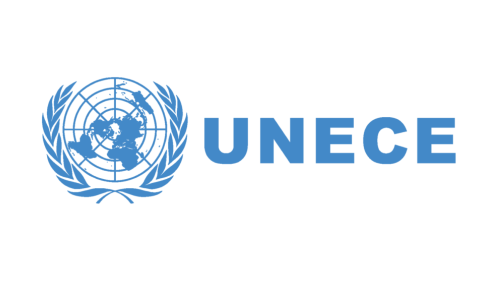
Armenia and UNECE Explore Expansion of Environmental and Economic Collaboration
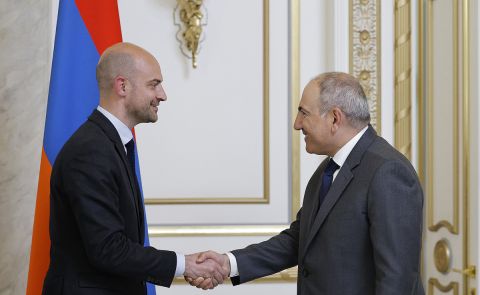
Barrot’s Visit to Yerevan: New Declaration, Military Cooperation, Investment Projects
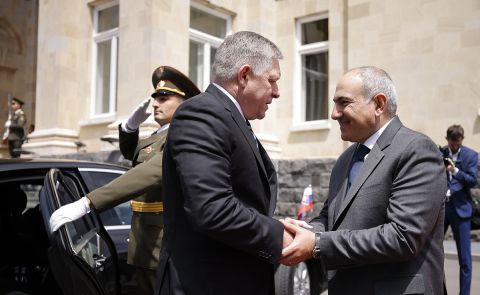
Fico’s Visit to Yerevan: EU Observation Mission, Support for Armenia-Azerbaijan Peace, Collaboration in Nuclear Energy Sector
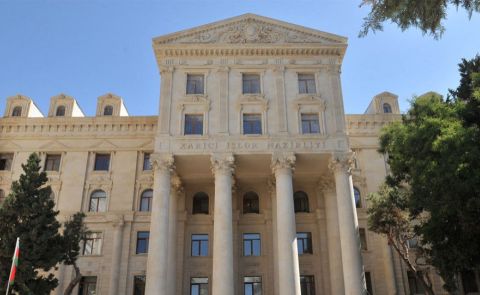
Aykhan Hajizada Criticizes Nikol Pashinyan’s Statements at Yerevan Dialogue
